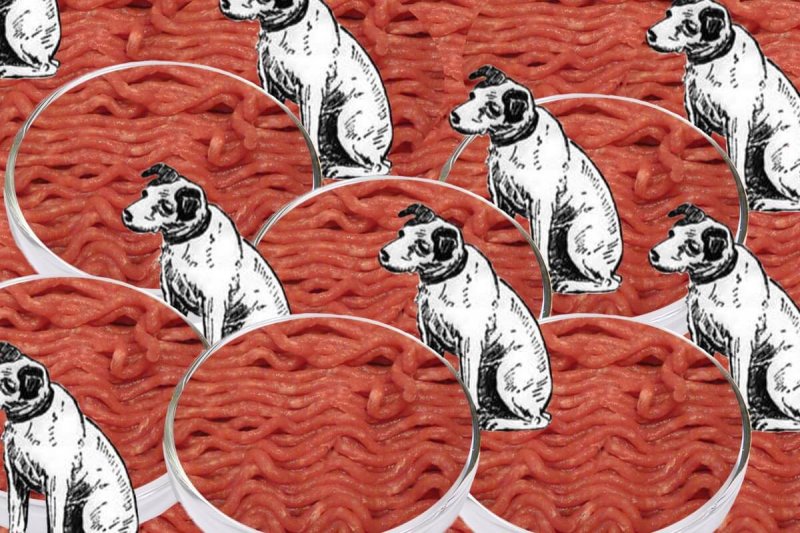If cats and dogs made up their own country, they would rank fifth in terms of meat consumption, according to a 2017 study published in the scientific journal PLOS One. That translates to the creation of roughly 64 tons of carbon dioxide a year.
Unlike humans, who don’t need to eat animal products to meet their dietary needs, cats need meat to survive, so it cannot be entirely removed from their food.
[Because Animals CEO Shannon] Falconer, who has a PhD in microbial chemical biology, set out to create a cell-cultured meat that could be fed to pets. The process involves taking “a small collection of cells from the [live] animal, and then never going back to the animal again,” she says.
Because Animals started by sourcing cells from mice for cat food, and rabbits for dog food, reflecting their diets in the wild. The cells are then grown in a nutrient-rich environment outside the animal. Falconer and her team feed the cells a mixture of protein, vitamins and other necessary nutrients and put them into a device called a bioreactor, which functions as a sort of womb. The cells grow, divide and eventually form into tissue, which is effectively cultured meat. It has the same nutritional value and composition as animal-based meat.































